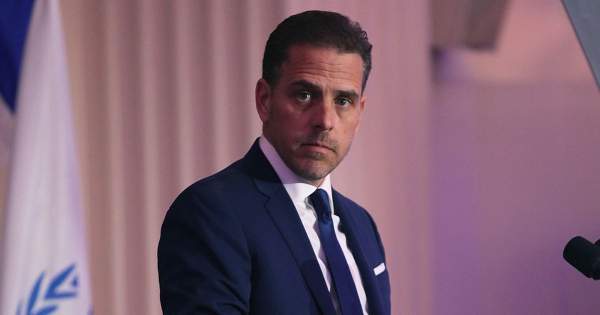Graham — a South Carolina Republican– asked, “What I want to find out is, if you’re not a newspaper at Twitter or Facebook, then why do you have editorial control over the New York Post?
Do you think Dorsey's statement about Twitter being "wrong" was sincere?
“They decided and maybe for a good reason, I don’t know, that the New York Post articles about Hunter Biden needed to be flagged, excluded from the distribution or made hard to find,” Graham said.
“That, to me, seems like, you’re the ultimate editor,” Graham continued. “The editorial decision at the New York Post to run the story was overridden by Twitter and Facebook, in different fashions, to prevent its dissemination.
“Now if that’s not making an editorial decision, I don’t know what would be.”
The social media censorship apparently at least contributed to a virtual blackout on the Hunter Biden story in the mainstream media. According to the Media Research Center’s Newsbusters, the story received almost no attention on the major broadcast networks in the days after it broke.
According to Fox, Dorsey addressed Section 230 of the Communications Decency Act, which holds that social media companies are not “held liable for statements posted by users because the companies themselves are not the ones creating or editing the content as a newspaper would.”
“Some lawmakers, however, believe that by blocking certain content like the Post story they are indeed making editorial decisions,” Fox reported.
Dorsey said Twitter’s content moderation continues to pose concerns for the public over “its use of Section 230.”
He posed solutions he initially raised three weeks ago, Fox reported, including “expansions to Section 230, new legislative frameworks and commitment to industry-wide, self-regulation practices.”
